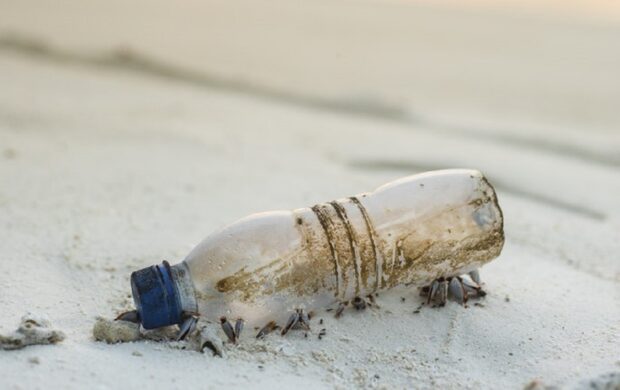It is official, Governor Ige signed legislation passed in May into law that will ban the use of coral damaing chemicals found in sunscreens. Hawaii is the first state to ban the chemicals oxybenzone and octinoxate in sunscreens. “Studies have documented the negative impact of these chemicals on corals and other marine life. Our natural environment is fragile, and our own interaction with the earth can have lasting impacts. This new law is just one step toward protecting the health and resiliency of Hawai‘i’s coral reefs,” said Gov. Ige.
The law becomes effective on Jan. 2, 2021 but does not include products marketed or intended for use as a cosmetic, nor does it include sunscreens prescribed by licensed healthcare providers.
So What
The measure will help prevent tons of chemicals from entering the marine enivronment on the backs of tourists and released from municipal systems. It also creates a path for other states to emulate and as sunscreen manufacturers reformulate their products for the lucrative market in Hawaii, consumers and marine life everywhere will benefit from safer sunscreens.















